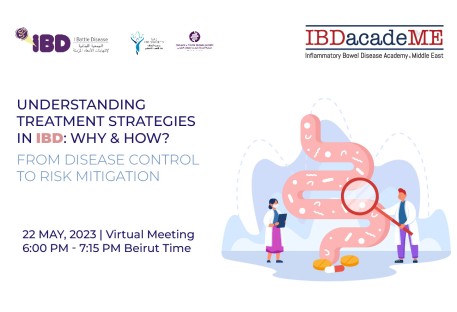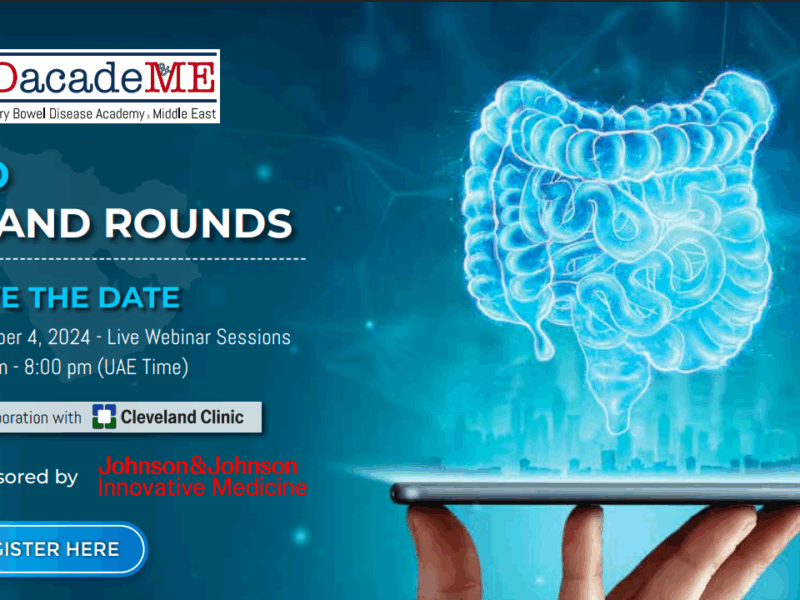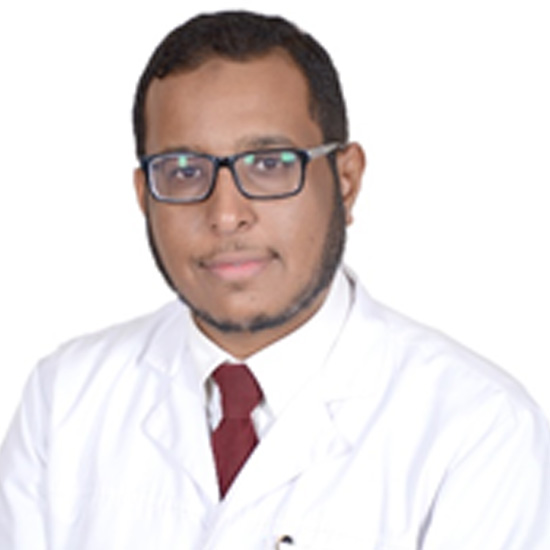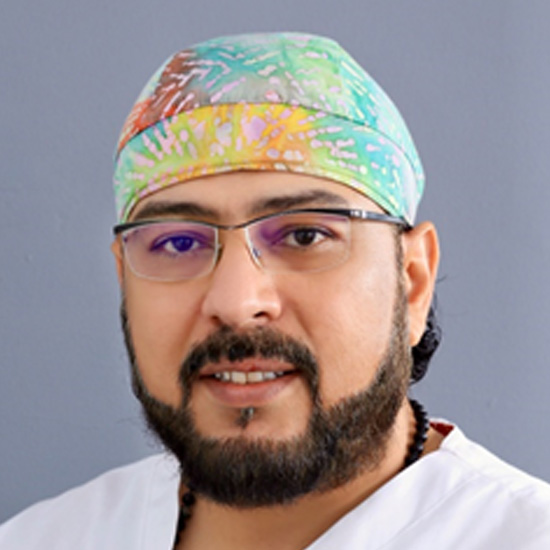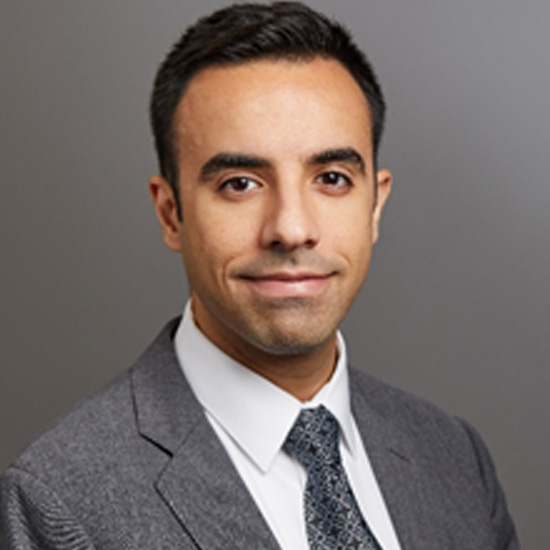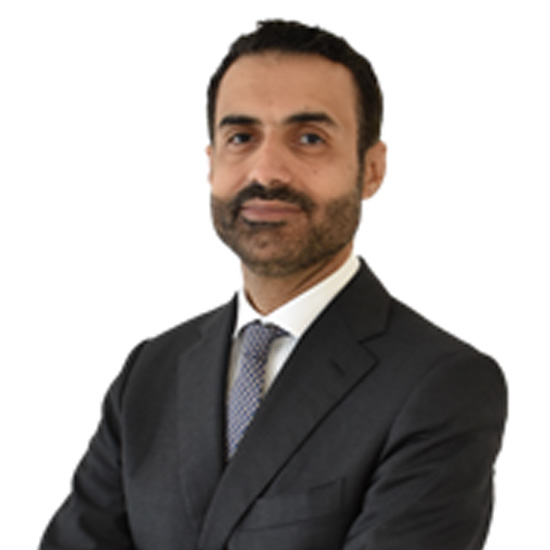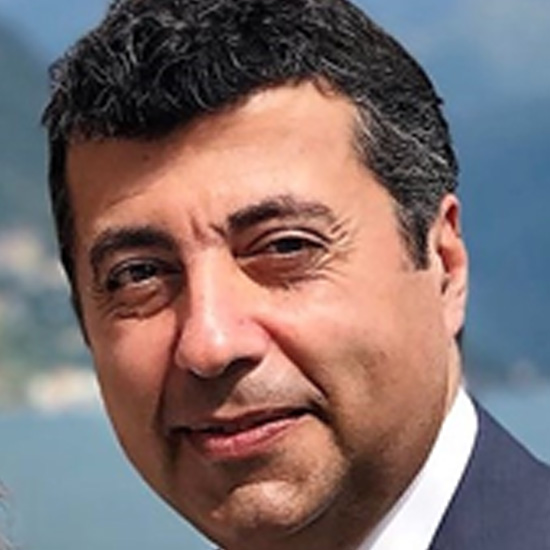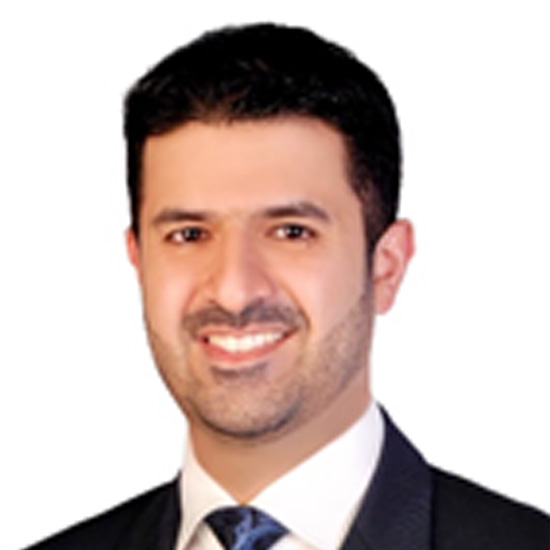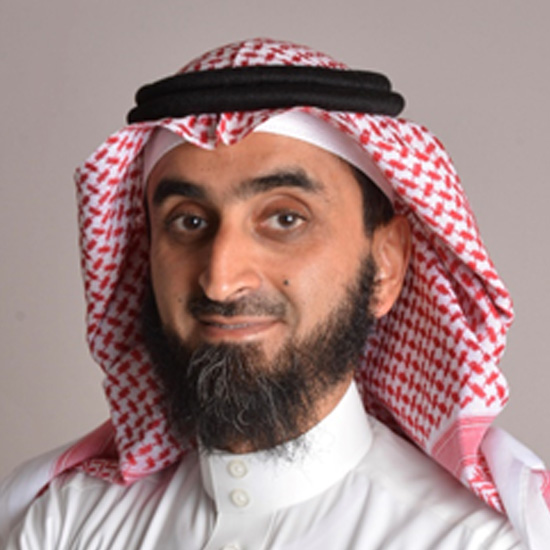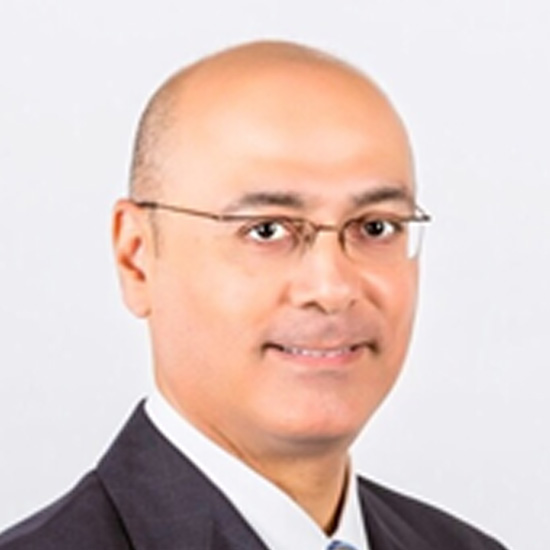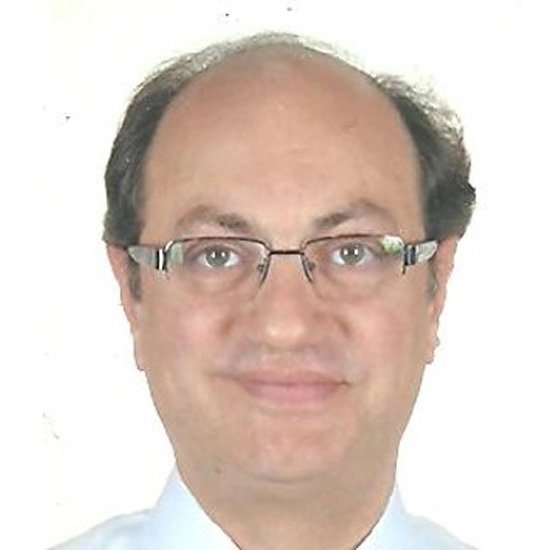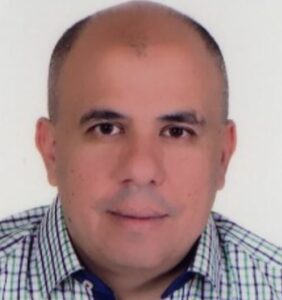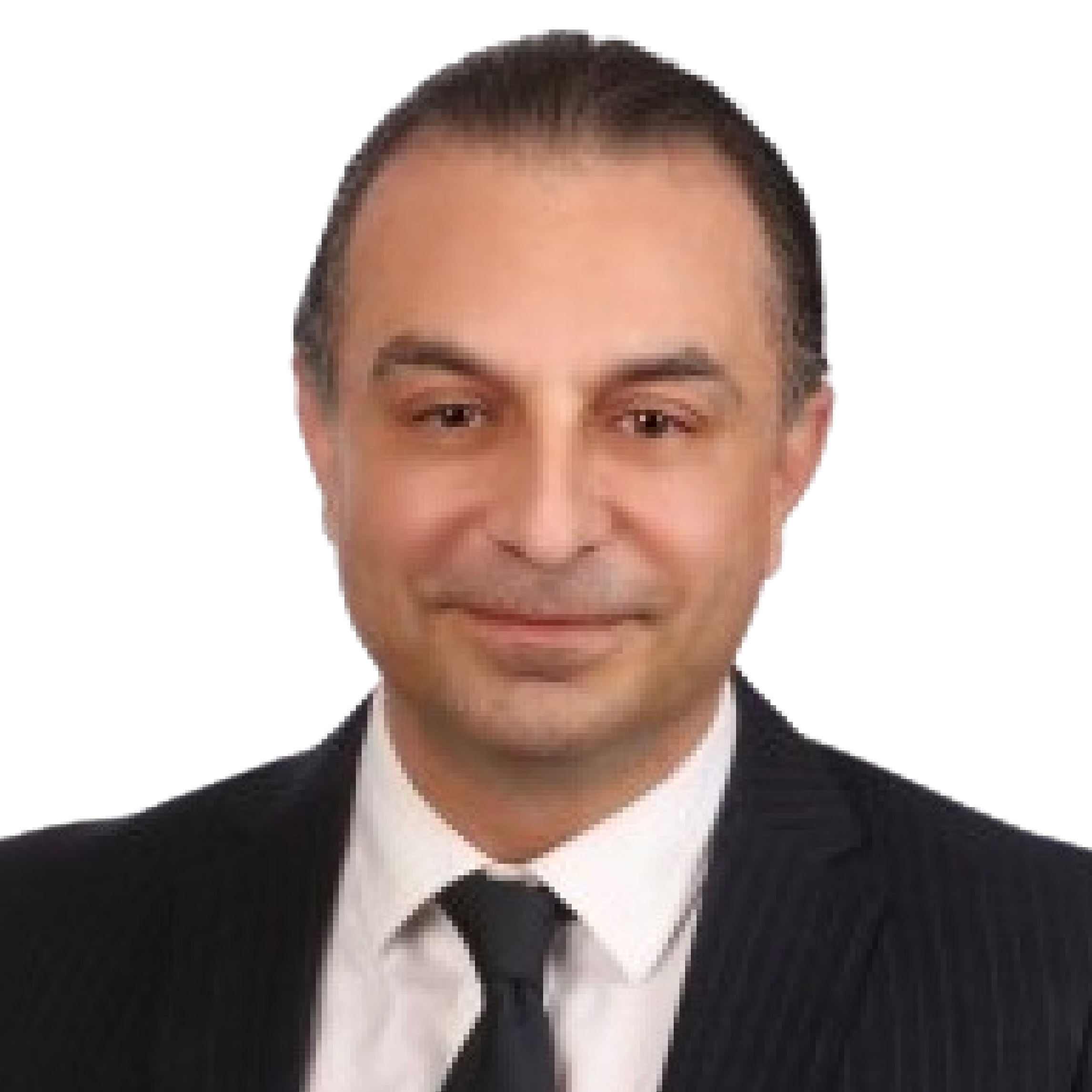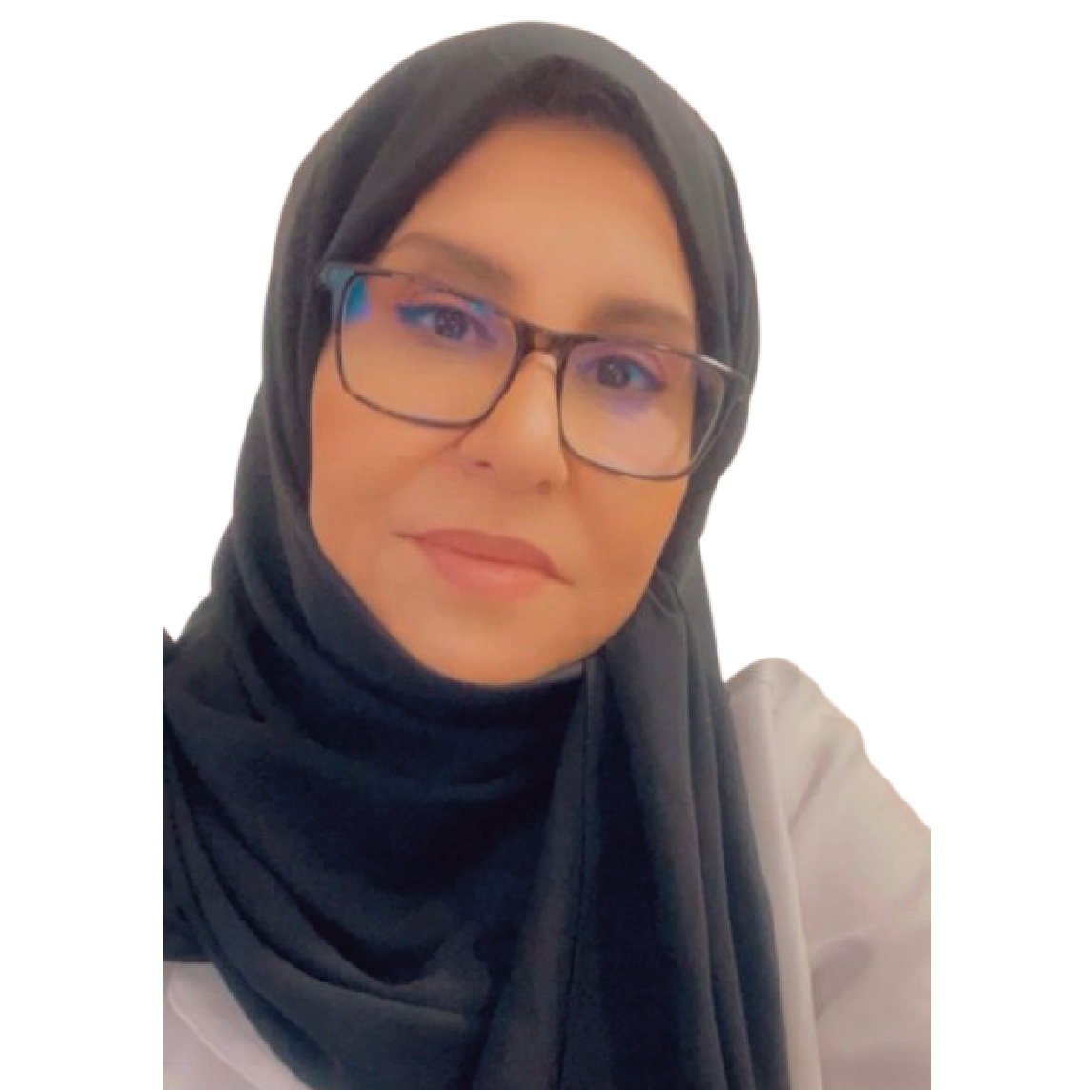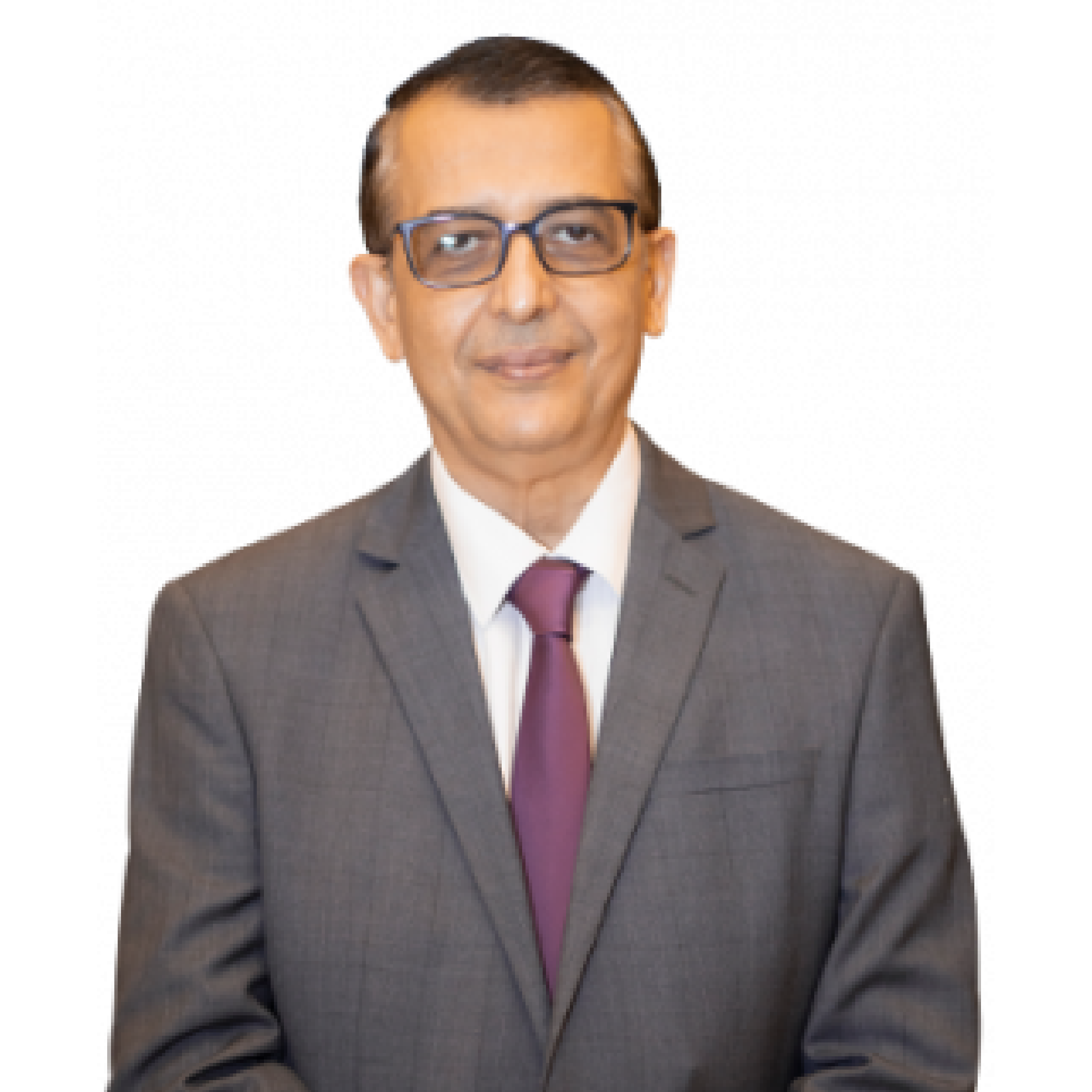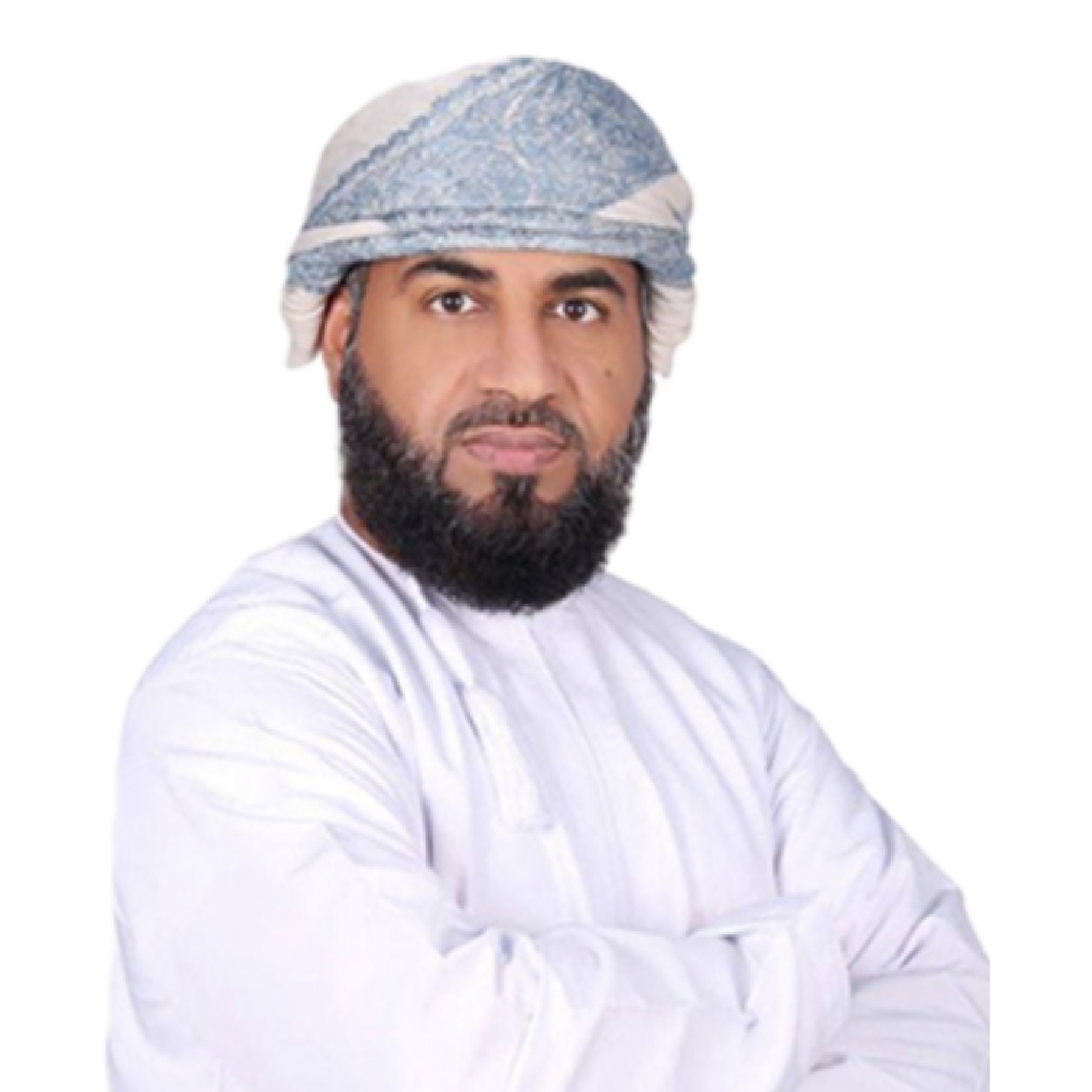


A Message from the President

The world of education in medicine has witnessed a considerable change in the last decade, perhaps none more transformative than in the last couple of years. The Covid-19 pandemic has been a game changer resulting in global scale down of medical education and a rapid transition into a virtual digital world. A straightforward and seamless digital process has replaced the complexity of organizing regional or global medical education events. A transition into digital education, which involves relatively few and standardized technical steps, has allowed the upholding of the educational value of the event, and arguably improving deliverables in terms of objectives with real time and even leisurely attendance of an expanding digital library of pre-recorded conferences and meetings. Face-to-face interactions and exchanges have been replaced, albeit with some limitations, by direct chats with experts, real time feedback and polling of audiences. These challenging times have uncovered unique opportunities. It will be difficult, and arguably undesirable to revert completely to the pre-pandemic model of medical education. We need to embrace the digital age of education while advocating some hybrid strategies to capitalize on the unparalleled value of direct human interactions and exchanges.
The field of Inflammatory Bowel Diseases lends itself particularly well to this transformative digital education model. These are chronic diseases with often difficult and complex phenotypes requiring advanced knowledge in pathophysiology and medical therapeutics as well as advanced multidisciplinary care not readily available to all physicians or medical centers. Because of the above, educational events and symposia on IBD are traditionally the best attended at local, regional and international GI meetings. In the absence of a unifying hypothesis of inflammation in IBD, we have witnessed an expanding number of treatments developed by an increasing number of scientists and pharmaceutical companies, and resulting in improved outcomes and quality of life for many IBD patients. However, significant unmet needs continue, as the majority of IBD patients with moderate or severe disease are unable to reach clinical remission and advanced tissue healing. This necessitates complex transitions of medical care and therapeutics and leads to suboptimal medical outcomes and increased cost of care. Quality IBD care mandates up-to-date medical knowledge, expertise and experience that can be provided, and enhanced by a CME platform, direct access to multidisciplinary experts, quality control measures, training initiatives, and wide sharing of knowledge and data.
IBDacadeME is the brainchild of a number of IBD experts and KoLs in the region who have come together to address our limitations and enhance the possibility of achieving the lofty goals mentioned above. “It takes a village!” as the idiom says and the success of this initiative hinges on a genuine collaborations between regional experts, patients advocacy groups and industry that promotes advancement in therapeutics and a strong belief in the role of continuing medical education and evidence-based medicine. We invite you to be part of this exciting journey!
Ala Sharara, MD, FACG, AGAF, FRCP
Professor, Division of Gastroenterology and Hepatology
American University of Beirut Medical Center
Professor
Duke University Medical Center, Durham, NC, USA
EVENTS
UPCOMING EVENTS









